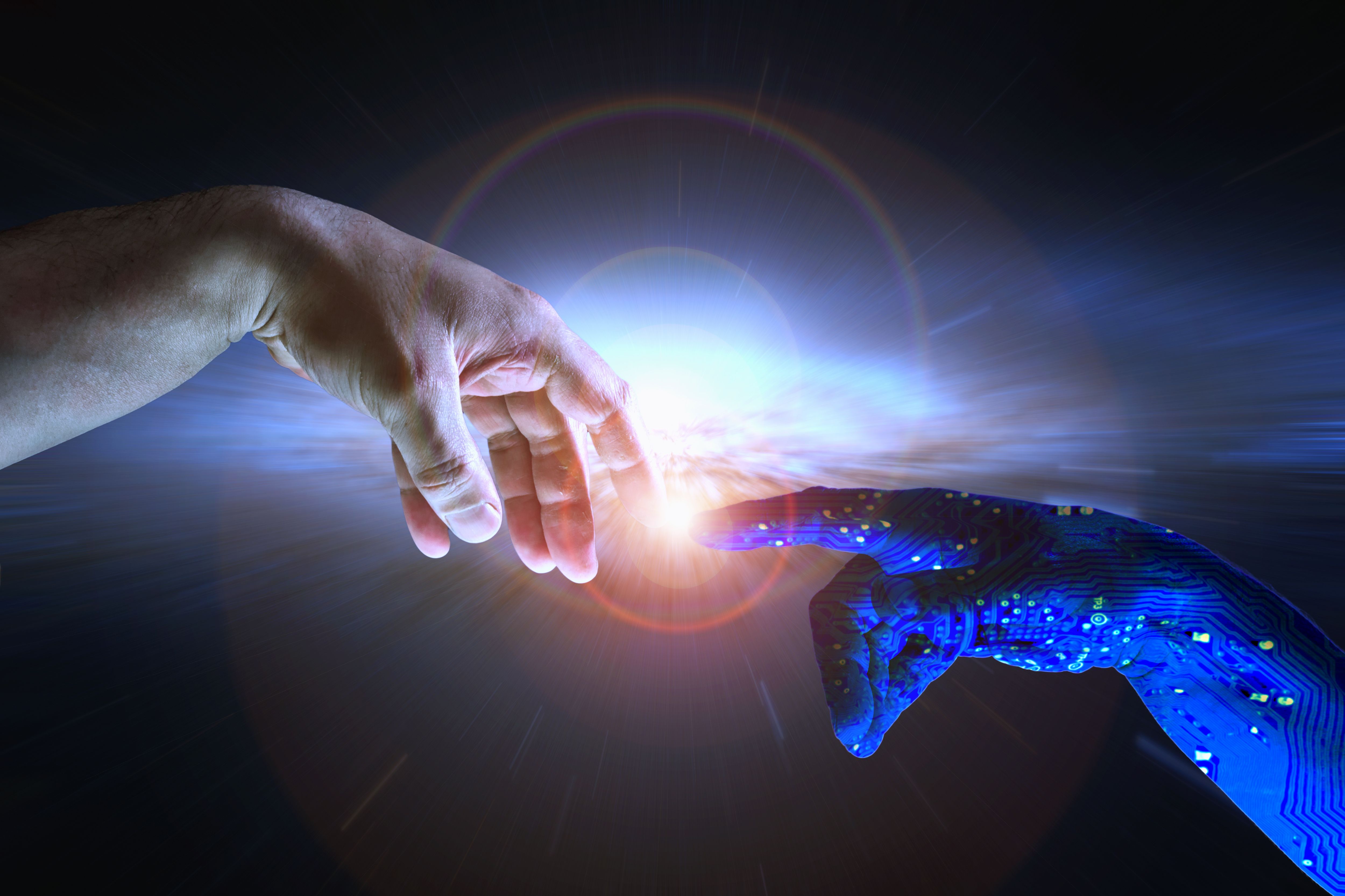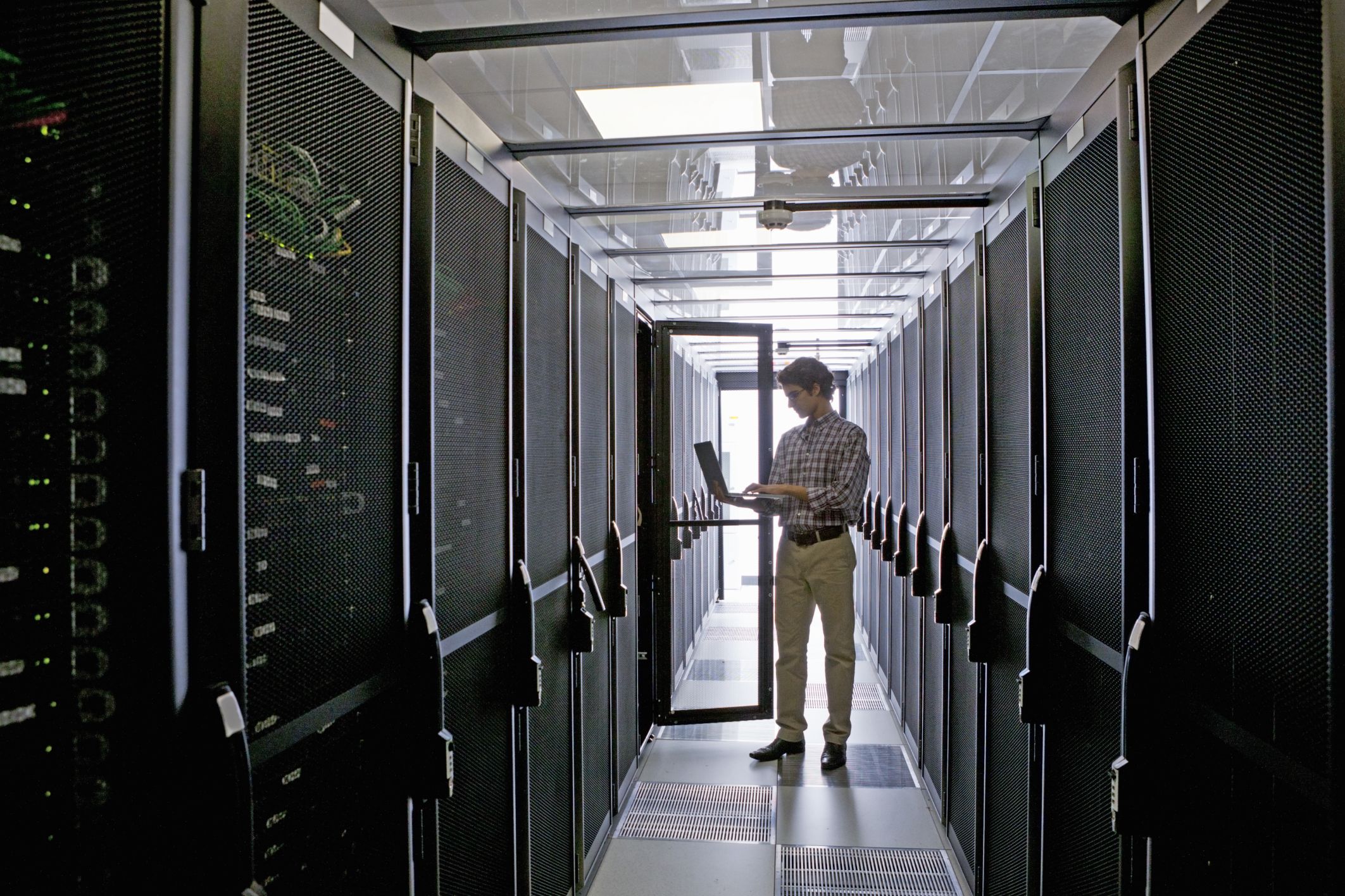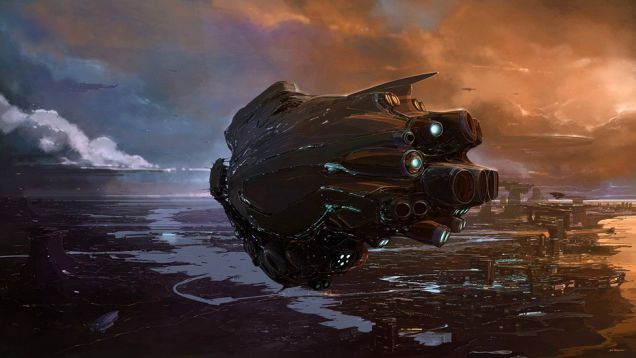DARPA’s newest invention is the Gremlin: a drone that be deployed from a bomber while in flight, execute its mission, and then return to an extraction point where a cargo plane yanks it out of the sky and brings it safely home.
The drones are capable of flying unmanned, but being able to retrieve them makes them reusable, which is both cost-effective and convenient. But drone retrieval also protects U.S. military technology and secrets. Sending fleets of tiny Gremlins on intelligence-gathering missions is one thing, but being able to recapture them instead of leaving them in the hands of hostiles is a huge boon to the military. Gremlin drones have up to three hours to accomplish reconnaissance missions, at which time they automatically fly back to a retrieval area to be collected by a C-130 cargo plane.
Related: DARPA’s 130-foot submarine-hunting drone will take to the sea in April.









